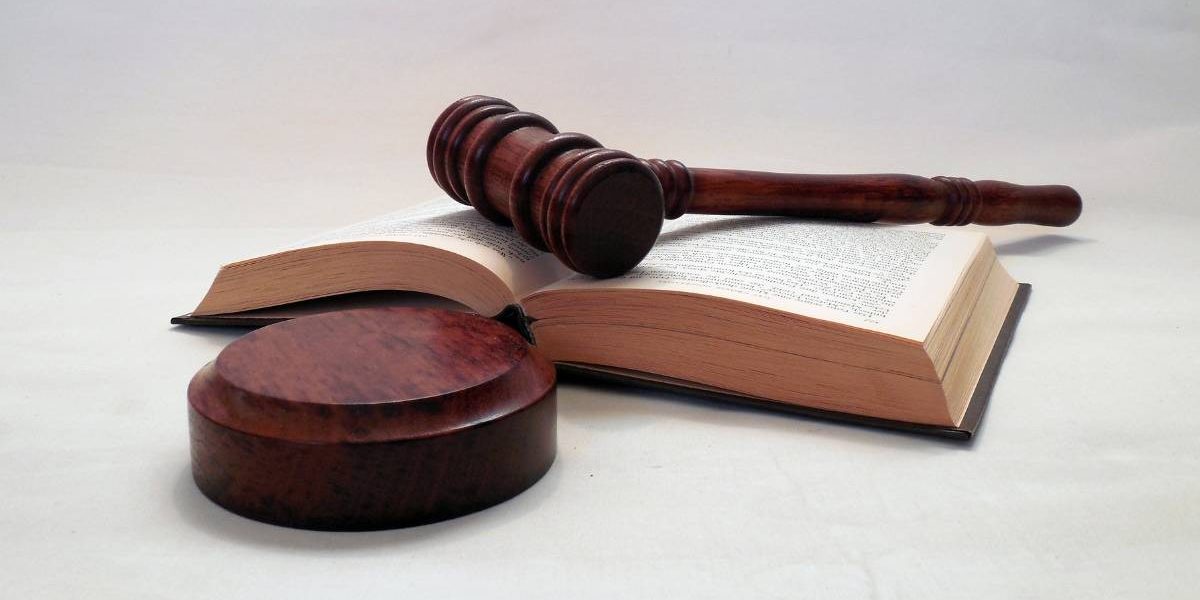No one enjoys thinking about their own death or the loss of their parents. It’s a sensitive subject that many prefer to avoid. However, for those of the Islamic faith living in Canada, preparing an Islamic will is a step of undeniable importance. It ensures that the division of your property upon death happens in accordance with Islamic principles, rather than defaulting to the rules set by Canadian law. We hope this guide simplifies the process and offers clear, actionable advice for Muslims who wish to honor their faith as they navigate the complexities of estate planning in Canada.
What is an Islamic Will?
An Islamic will, known as a “Wasiyyah,” is a special document that allows Muslims to ensure their assets are distributed after their death according to Islamic teachings.
In simple terms, an Islamic will outlines how to divide one’s property and handle responsibilities after they pass away. It follows specific guidelines set by Sharia law, which is the Islamic legal system. Unlike standard wills, which might distribute assets in any manner chosen by the individual, an Islamic will respects certain proportions for heirs, as outlined in the Quran. For example, it specifies shares for family members, ensuring everyone receives their rightful part.
An Islamic will addresses issues beyond finances. You can include instructions for burial practices, debt to be paid off, and guidance of minor children, if any. As per the Sharia law, Muslims can allocate up to one-third of their estate to others not automatically entitled under Islamic law, including friends, charities, and distant relatives.

How do Islamic inheritance rules work?
Islamic inheritance rules are a set of guidelines established by Sharia law that dictate how a Muslim’s estate should be divided after their death. The three types of heirs include:
1. Ashab al-Furud (Quota Share Heirs)
These heirs have fixed shares that are pre-determined by Sharia law and cannot be changed regardless of the estate’s size or the number of heirs. For example, A single daughter gets one-half of the estate. If there are two or more daughters, they collectively receive two-thirds.
A wife receives one-eighth of her husband’s estate if they have children and one-fourth if they don’t. A husband receives one-fourth of his wife’s estate if they have children and one-half if they don’t. Each parent receives one-sixth of the estate if the deceased has children. If there are no children, the mother’s share can increase to one-third.
2. Asaba (Residuary Heirs)
Residuary Heirs are male relatives who inherit what remains after the fixed shares (Ashab al-Furud) have been distributed. They include sons and brothers (in the absence of sons).
3. Dhawu al-Arham (Uterine Relatives)
Dhawu al-Arham are heirs related to the deceased through the womb (uterus), including relatives not covered by the first two categories. They do not receive a fixed share and only receive inheritance if you do not have a direct or residuary heir.
When drafting an Islamic will, our lawyers at Shuter Law consider all aspects and principles of Sharia Law and Canadian Law to ensure your will stands up in a Canadian court and respects your faith. Please reach out to us to book a consultation.







